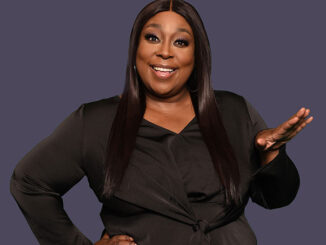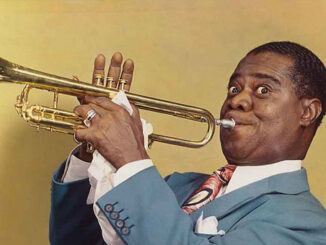
Helping athletes reach their goals in their respective sports is Mo Wells’ specialty. Wells recently joined the House of Athlete training facility as director of pro training, and his client list consists of several A-list athletes, including Tampa Bay Buccaneers running back and Super Bowl LV champion Leonard Fournette, Memphis Grizzlies guard Ja Morant, Minnesota Lynx guard Lexie Brown and many more.
Wells’ ability to create sports- and age-specific workouts to fit each individual athlete is his calling card. Obtaining peak performance from his athletes from high school to the pro ranks shows off his versatility and balance as a trainer. Wells uses his past experiences at other prestigious facilities and has incorporated those experiences to create an atmosphere at House of Athlete that is conducive to athlete development at an impressive rate.
Figuring out what makes an athlete tick — while expanding on their strengths and strengthening their weaknesses — are keys to personal and performance growth at HOA! Now that the NFL season has ended, the focus for Wells shifts to his offseason programs, which consist of healing and maintaining. He’s also prepping for the NFL Combine, where he helps potential NFL prospects with strength and conditioning as well as the nutritional aspect of their journey.
Zenger News slows the speedster down to discuss how he became a world-renowned strength and conditioning guru, his role at House of Athlete and the importance of continuously evolving as a coach.
Percy Crawford interviewed Mo Wells for Zenger News.
Zenger News: Congratulations on the success. You have earned all the accolades. How is everything going?
Mo Wells: All is well, man. I can’t complain at all. I appreciate you for the word. Just grinding, man. NFL Combine, NFL offseason, NBA pre-draft stuff coming up, so definitely busy times.
Zenger: Being that you deal with so many different athletes from different sports, how do you gauge who needs what from you?
Wells: Right, so I definitely think it comes from an on-the-field and off-the-field type of experience. Do they need a mentor. Do they need extra guidance? Okay, now what do you need from a physical standpoint? I like to build on “all right, where were you weak last season? Obviously, there are some mental and physiological barriers that are there, so let’s break them down.” And then you mix the individualizations that they specifically need with the sport-specific needs, and then you kind of build out a road map individually for who needs what from sport to sport. So, that’s kind of my approach that I take to it.
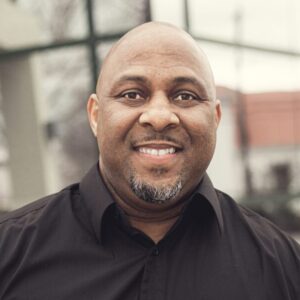
Zenger: From the outside looking in, people will say you are getting these athletes at their athletic peak; you’re getting the best of the best. Yet you’re still getting them to improve and up their levels for peak performance.
Wells: You would think that, until you see some of these young men and women athletically. Some of them are very, very good at their sport, but they’re not great athletes. I’ve seen some of the best in the world that can’t stand on one leg. So, you deal with a lot of different issues while working with athletes that the public eye don’t always get to see. They get to see either the finished product or the pretty stuff that social media sees.
Zenger: It’s funny you say that because I watched your workout with Leonard Fournette on YouTube. There are so many little subtle movements that seemed so much more important at times than the bulk movements.
Wells: No, absolutely! And I think in media period you have to realize that you see what the people want you to see. That was a low-impact day for Leonard. That was an easy day for him. But that just happened to be the day that I had the video people that were going to be available. I figured we would take him through an easy day, stability, mobility and a little anaerobic conditioning; pretty simple day for him.
Zenger: I made a mistake, being from Louisiana and knowing so much about you. Let me backtrack a little bit and give you the opportunity to introduce yourself to my readers.
Wells: I’ll just take it real quick, coming from my hometown Shreveport, Louisiana, signing a track and field scholarship to McNeese State. I grew up playing, football, baseball, basketball, track and field, tennis and soccer. I signed that scholarship and then ended up transferring to LSU where I ran the 200 (meters), 400 (meters) and 400-meter hurdles, primarily being a hurdler at LSU. And then shifting my focus once I finally found my passion in strength and conditioning. I was an intern for the LSU football program and then being a GA [Graduate Assistant] for the football program, where I also assisted with, volleyball, swimming and diving, soccer, women’s gymnastics. I was the head strength coach for the track and field program, of course, and headed up my own position group for football. I was very diverse starting out, with swimming and diving and volleyball, two sports you wouldn’t even think of.
And then professionally, going to EXOS in New York City, coming back to Louisiana where I worked with Ryan Clark at Traction Sports, and then moving on to Michael Johnson Performance with Bryan McCall and Michael Johnson. And then IMG Academy with Taryn Morgan and some other incredible staff members there before making my pretty independent move here to House of Athlete in South Florida, the Miami area.
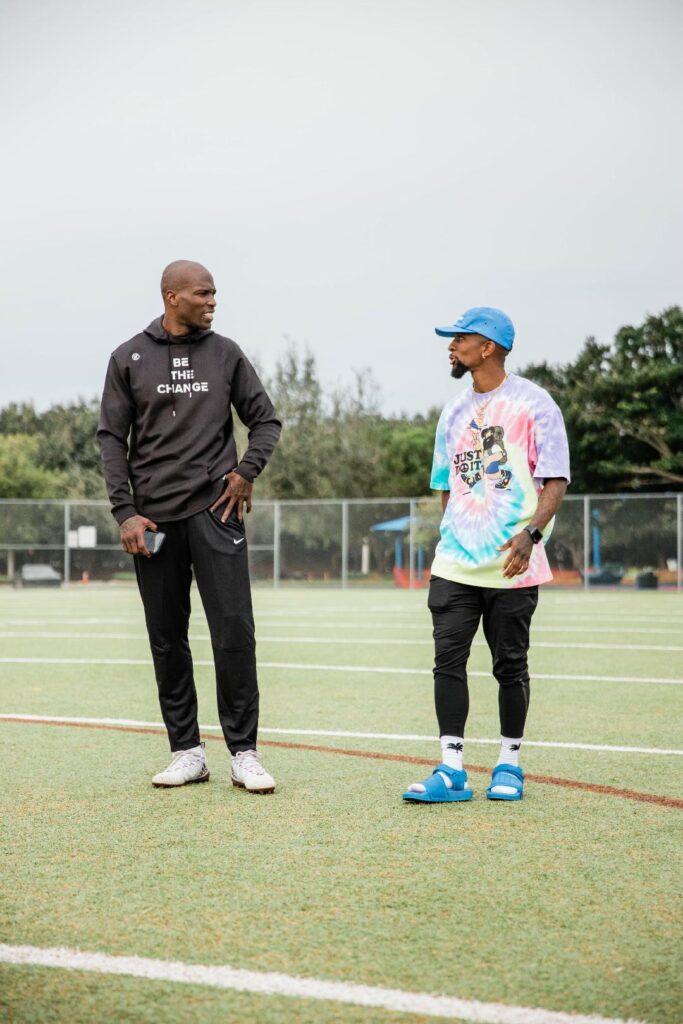
Zenger: You just named a few interesting sports, swimming and diving, volleyball, tennis and soccer. Does it all tie in somehow or another?
Wells: In a sense it ties in, right, because the body is the body. You can only push a muscle, pull a muscle, essentially contract a muscle and isometrically contract a muscle so many different ways. So, getting strong, getting fast, being explosive, rehabbing and pre-habbing, all in all, it’s the same. But there are different ways to build those things. That’s where sport specificity comes in at. That’s where my conditioning has to be different. That’s where my speed work has to be a little bit different based on the demands of the sport. So, you see different things that I would do with a Michael Cherry who is a 400-meter track athlete from Nike. That’s different from what I would do with a Mecole Hardman, who is in his second year with the Chiefs and a Super Bowl champion, which is even different from a Jarvis Landry who plays the same position as Hardman, but he’s going into his ninth year in the NFL. It’s just different stuff that goes around and comes full circle. I don’t train speed for Ja Morant the same way that I train speed for a Dexter Lawrence from the Giants.
Zenger: I graduated high school in 1999, and then it was all about the free weights, and the machines were here and there, but it was old school. It seems a lot of those movements have since been replaced with bands and ropes and things like that. Was that just evolution?
Wells: I think that there is a perfect balance, and you need both. To be successful, you stick to the basics. You power clean, you hand clean, you squat and bench press, but the bands and everything else serve a purpose — unilateral resistance, unilateral development, time under tension standpoint. There are different things you do with that. Also, if I have a 30-something year-old athlete, I don’t have to put a bar on their back and make them squat. There are different ways for me to load their lower extremities that’s going to be a little bit safer for them, that include bands, that might include pit shark, kettlebells and dumbbells. Different type of things that won’t attack their CNS (Central Nervous System) as much because they can’t withstand as much.
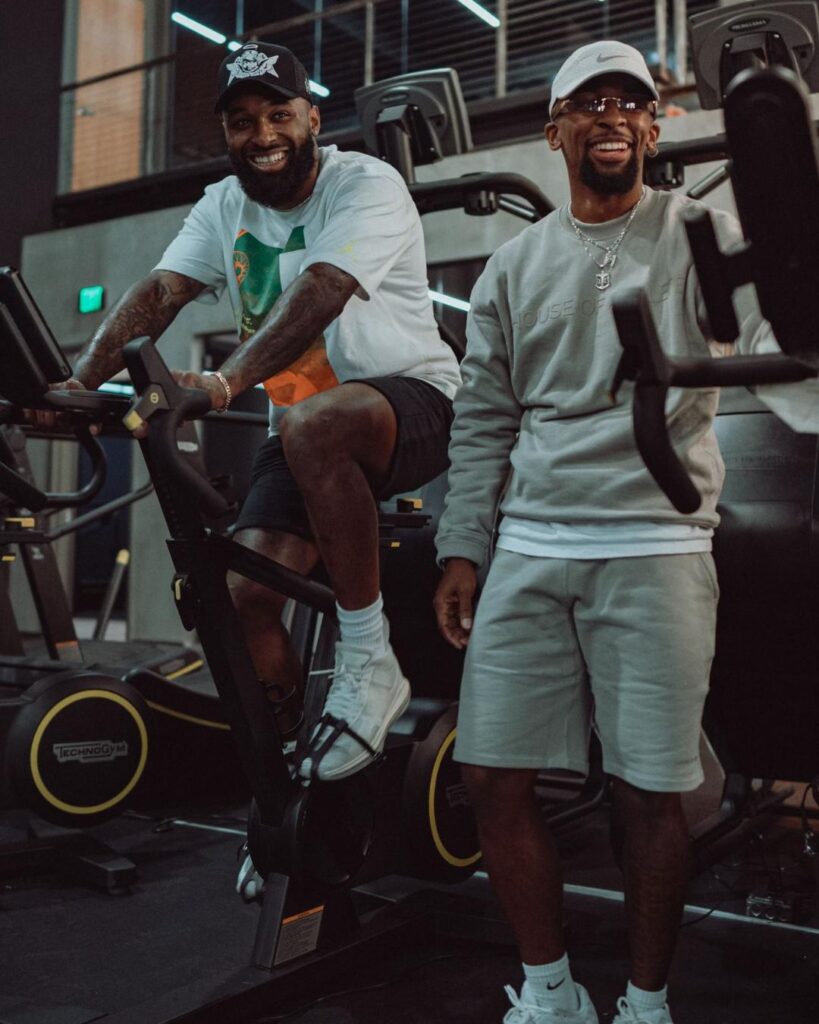
Zenger: I’m sure you are very confident in your abilities, but when I hear Brandon Marshall talk about you, it either adds an extreme amount of pressure on you or it reassures you that you are great at what you do.
Wells: (Laughing). Yeah man, he is my first partner ever, but one of the first employers that I had … he outside of Ryan Clark and Taryn Morgan that really bought into me, and really bought into what I was doing. A lot of other times you have people buy into what they had previously and what they know and not so much the people that are around them. But I’ve been blessed and fortunate enough to be around a few people in this industry that truly believe in people and truly believe in their pedigree and the resume that they have put together.
Zenger: What has this House of Athlete venture been like for you?
Wells: Oh man, it’s been exponential. I won’t say it’s been easy because it’s not what IMG is because they are this big machine. But there is the freedom here. I’m the director of pro training here, so I get to build it how I know I needed it to be built. So, I took the strengths and weaknesses of everywhere else where I’ve been, which are other top companies and facilities globally, and molded that model with my own philosophies into what I’ve built here. It’s encompassing my entire embodiment of work in the last six or seven years into this program.
Zenger: You used to be somewhat looked at as the best-kept secret. I don’t know if we can use that anymore. I think Mo Wells is pretty well-known now.
Wells: (Laughing). Yeah! If you look around the country and you see a lot of different people getting credit for a lot of different things, and me, I was just waiting on my turn. I just wanted to be successful and I wanted to be known as one of the best to ever do it in the sports-performance realm. which is a big task to do. I know that the credit and everything will come with time. And I’m still not where I think I should be yet, but I’m also patient enough to know that I have more work to do.
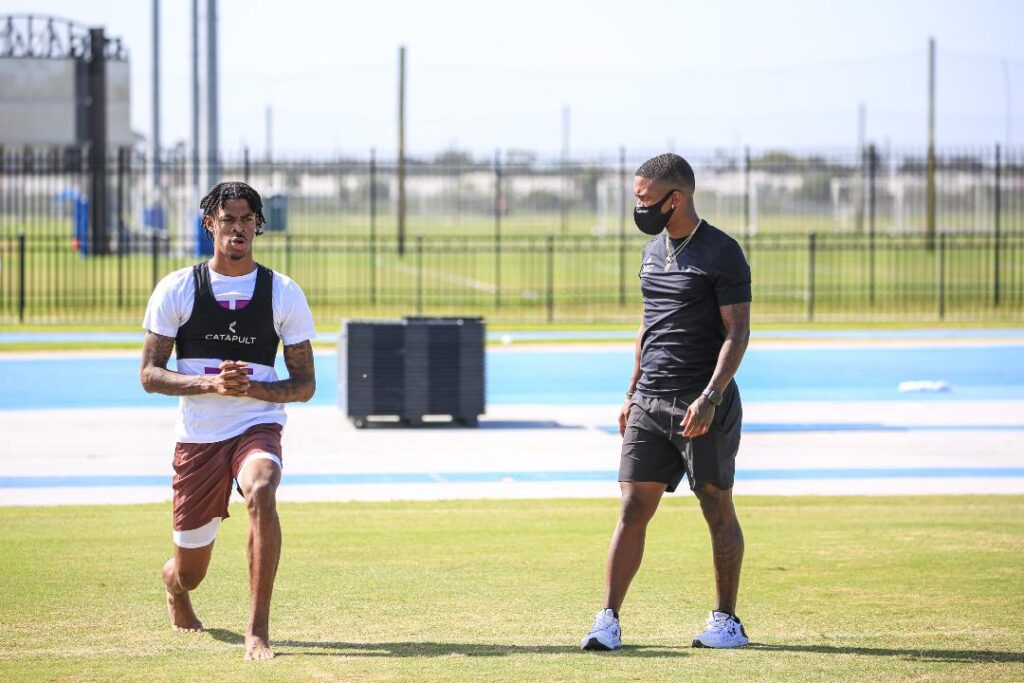
Zenger: Everything seems centered around nutrition and high-level conditioning?
Wells: Absolutely! The NBA player from the ’80s don’t look like the NBA player from right now, and you know why, it’s the conditioning, it’s the medical, it’s the food, the nutrition, it’s the holistic model, it’s the recovery. It’s that holistic model that goes into sports performance and conditioning. So, when strength and conditioning really got hot back in the ’70s with the Wisconsin football program, and they had a leg up on everybody, that’s when it really started. Russians came over, and we took their model of powerlifting and Olympic weightlifting and they would steal some of that stuff in football, and it’s just been growing ever since.
Zenger: Just based on everything you just said, in terms of studying and research, it seems your job is never complete. You must keep up with the new trends and the evolution of science.
Wells: You have to. One of the biggest things to me is not only learning about your profession and the sports and everything else, but when you’re dealing with individuals, you have to find out what makes them tick. You have to find out, okay this exercise may not be their best exercise for this person. Or they responded from this physiologically in a way that I don’t need them responding. So, let’s pivot, right? The greats in this industry and any industry know how to adapt and improve. If you can’t pivot on a dime, like an elite wide receiver in the NFL, if you can’t pivot and get out of your breaks, then you’re going to have a short career. So, I think from a growth standpoint, that’s what I’m getting better and better at doing — being able to pivot, adapt on the fly, have a skeleton program for certain athletes in certain sports, but being able to modify that based on needs.
Zenger: This question is off from what you do, but kind of on what you do as well. I covered boxing for a number of years, and I would watch those guys balloon up in weight and have hard weight cuts back down to their perspective weight classes. The sports you cover are the ones where guys stay in shape year-round. How important is it to remain in some form of conditioning throughout the year?
Wells: That’s critical because the body is called the principle of adaptation. The body gets used to being at one weight and moving more importantly at one weight, then you cut down and dehydrate yourself or you blow up for like an NFL Combine or something and your body is not used to moving that way. The No.1 enemy in sports is what? Injuries! So, that’s why it’s prevalent and so important for these athletes to stay in shape pretty much year-round; stay ready so you don’t have to get ready. We don’t want to do anything and start training at new weights and new body compositions and have that risk of injuries happening.
Zenger: You have done this for so long, I’m sure you can give a guy the eye test at say a Combine and be like, “Ugh, I wish he would’ve come in a little bit better shape.”
Wells: And what I have started in the recent couple of years (is) this saying that there is always a stereotype for athletes. If you play linebacker, you have to be 240 or 250 pounds, you have to be 6-2 and you have to hit like Ray Lewis. If you are good at what you do, why does it matter what you look like? Christian Coleman is one of the fastest humans ever, but he is night and day from Usain Bolt. With that being said, if you eat right, sleep right and train right, your body is going to do what it’s supposed to do. I don’t have to force it to do anything. So, if you’re playing DB and you’re doing all of the things holistically correct, and you come in at 6-2 190, then that’s just what you are. I don’t have to force you to be 205 or 210 because that’s not what your body wants to do. The body talks; we just have to listen.
Zenger: You’re much too young for me to call you a proud father, but when you see these athletes that you train have success in their respective sports, it has to be somewhat of a proud father moment for you.
Wells: Ah man, if I just had to name a few, man … you got Leonard Fournette, who just became a Super Bowl champion. I’m his primary trainer. I’m so freaking proud. Last year I had, K.J. Osborn. He worked so hard. He was projected to go undrafted, but he had a phenomenal Combine performance, he ended up getting drafted in the mid rounds to the Vikings. You had Justin Jefferson, who for whatever reason everybody thought was slow. NFL Combine last year, he went and just blew it out of the water. And even on a smaller scale, I do remote programming for a lot of athletes in California. I had a young lady last year pre-COVID that set the state record in the pole vault for the state of California. Stuff like that really excites me and makes me happy to see these athletes reach long life goals. It’s awesome.
Zenger: Louisiana athletes in general have been really showing that there is amazing talent down here. Being a Louisiana guy yourself, it has to feel good to see the success that’s coming out of the state.
Wells: It’s awesome. We have a sense of pride and passion. A lot of people that are not from here don’t understand. That’s big-time. We’re a small state, but we pack a big punch. It’s also an honor for me to have trained most of these guys that have come out in the past four to five years out of LSU in various sports. So, it’s an honor that I’m who they think of when it comes to offseason, pre-draft preparation and stuff like that. Even getting them right year-round, it’s definitely an honor. It’s a family type of thing.
Zenger: Continued success, my brother. I appreciate you for taking the time out to talk with me. Is there anything else you want to add?
Wells: I appreciate your time, thanks for the call and anything you need from me, let me know. I’m looking forward to keep growing and seeing what I can do in this industry as well.
(Edited by Stan Chrapowicki and Alex Patrick)
The post When It Comes To Personal Training, All Is Wells That Ends Wells appeared first on Zenger News.
Recommended For You.



